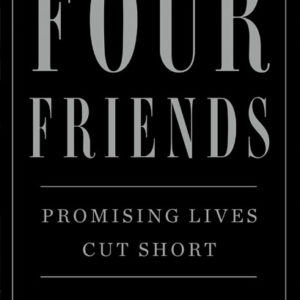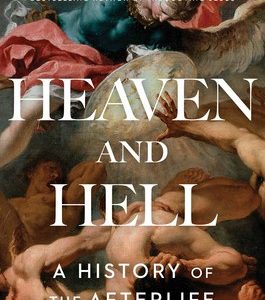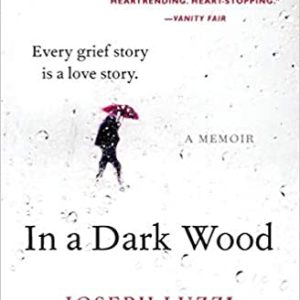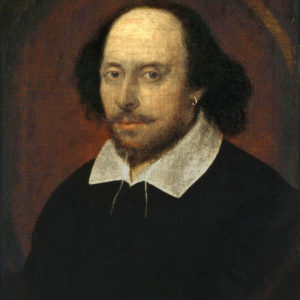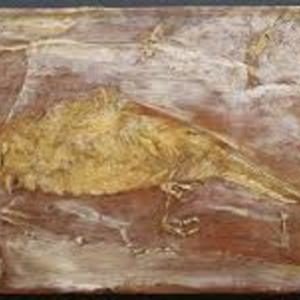
From Aesthetic Shock to Ethical Awakening: How an Environmental Artist and Activist Found Purpose
Environmental activist, photographer, and teacher Subhankar Banerjee recounts a time, shortly after moving to New Mexico, when he walked out of his house to encounter a small dead bird lying motionless on the porch. This humble, private moment of grief, confusion, and aesthetic complexity echoed the sensations he had previously felt while viewing Albert Pinkham … Continued



